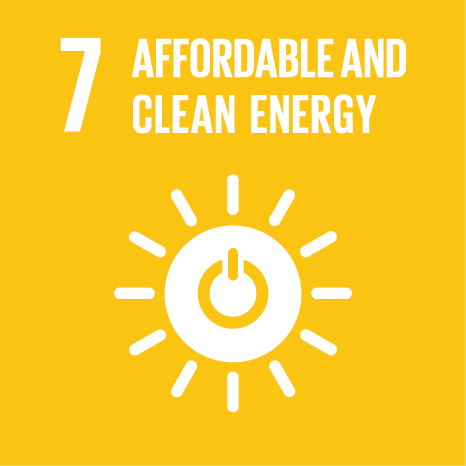Ciência_Iscte
Publications
Publication Detailed Description
A study on balanced scorecard and its impact on sustainable development of renewable energy organizations; A mediating role of political and regulatory institutions
Journal Title
Risks
Year (definitive publication)
2021
Language
English
Country
Switzerland
More Information
Web of Science®
Scopus
Google Scholar
This publication is not indexed in Overton
Abstract
Organizational strategic programs are continuously evolving and gaining the attention of policy makers in order to construct organizations’ ecological and socioeconomic systems. The purpose of this study is to examine the relationship between the balanced scorecard (BSC) and sustainable development involving the mediated effect of political and regulatory influence. To achieve the core objectives of the research, the quantitative (positivism) research method is applied. The goal of the current research is made possible through the quantitative method because of its objective nature of reality. A total of 320 questionnaires were distributed among the different levels of managers; 280 respondents returned the questionnaire. The data are analyzed through a modern statistical tool called Smart-PLS, Partial Least Squares (PLS) is high graphical user interference software that is used to calculate Structural Equation Modeling (SEM) through PLS path modeling. Factor analysis is conducted to eliminate the variables that have no contribution and to reduce the variables to obtain better results in regression. The implications are for energy organizations that are struggling to deal with sustainable development and these tools can help them to achieve their sustainability goals. The study concludes that the adoption of BSC is essential to ensure sustainable development regardless of its challenges. Moreover, consideration of meta-constitutional rules as political influence is important to understand and address in order to mitigate financial loss. In nutshell, the use of BSC is highly recommended to eliminate the routine problems and to ensure environmental sustainability.
Acknowledgements
--
Keywords
Balanced scorecard,Political and regulatory influence,Sustainable development and environmental sustainability
Fields of Science and Technology Classification
- Economics and Business - Social Sciences
Funding Records
| Funding Reference | Funding Entity |
|---|---|
| UIDB/00315/2020 | Fundação para a Ciência e a Tecnologia |
Contributions to the Sustainable Development Goals of the United Nations
With the objective to increase the research activity directed towards the achievement of the United Nations 2030 Sustainable Development Goals, the possibility of associating scientific publications with the Sustainable Development Goals is now available in Ciência_Iscte. These are the Sustainable Development Goals identified by the author(s) for this publication. For more detailed information on the Sustainable Development Goals, click here.

 Português
Português




